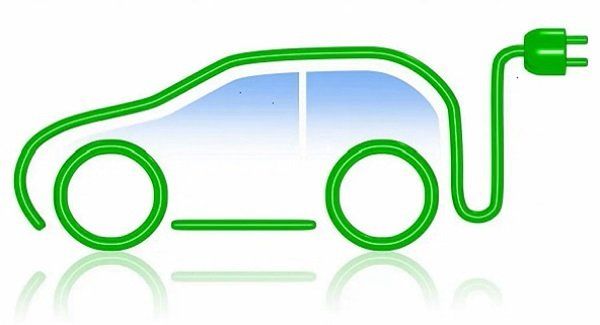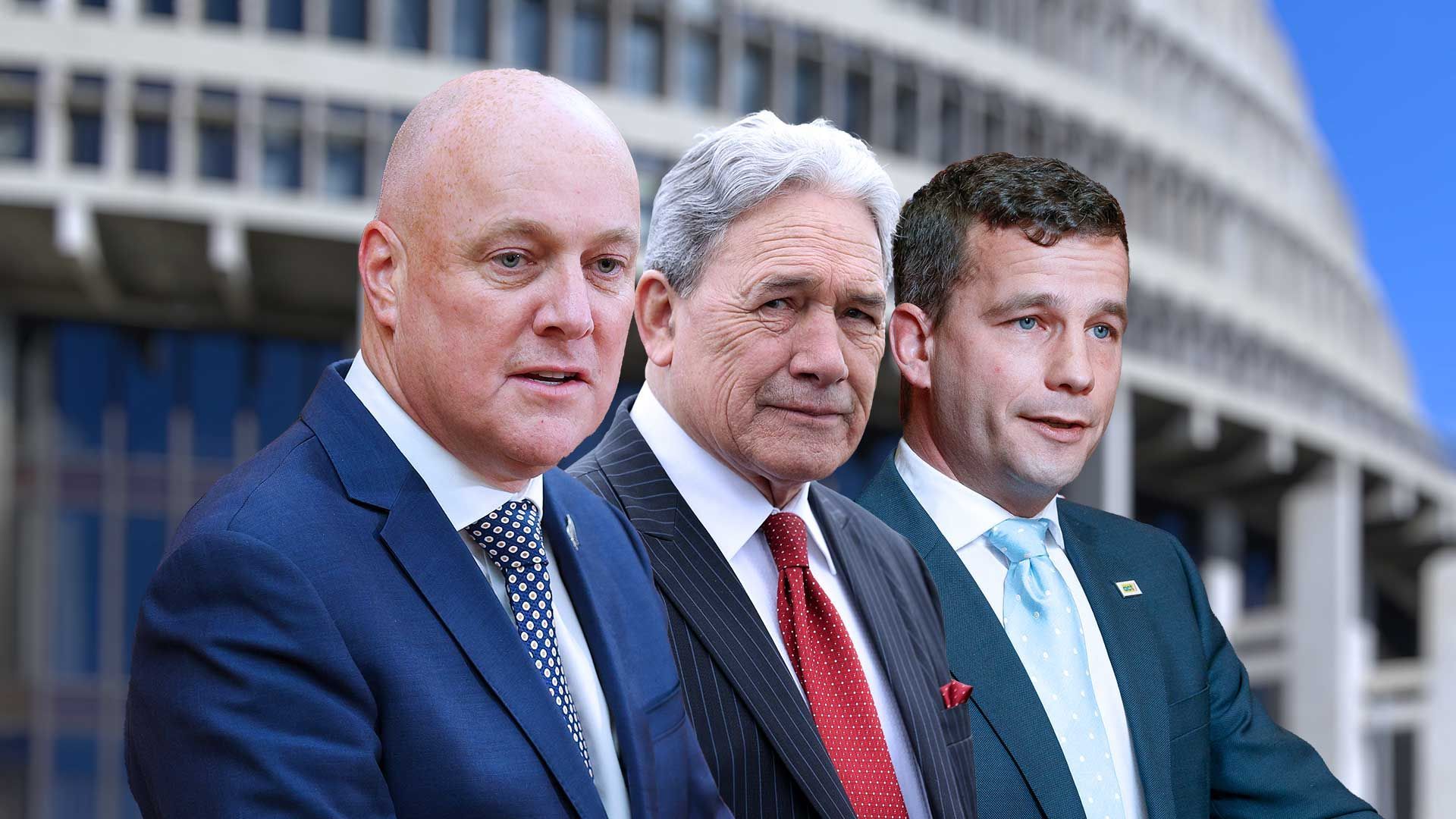Is it the perfect time to switch to an electric vehicle (EV) in NZ?

Electric vehicles (EVs) are on the rise – we’ll soon reach a tipping point where sales outnumber those of internal combustion engine (ICE) cars. But you might want to make the switch sooner than that, for three reasons:
Resale value on your ICE car - As new restrictions come into place on ICE cars, demand will go down. If you’re still holding on to your petrol car, the resale value may fall through the floor. Selling it over the next 12 months could mean you still get a decent sale price. If you wait too long, it’s possible nobody will want to buy it.
Government incentives - Governments around the globe are making a big push toward decarbonisation, with incentives for buying and/or charging EVs. Why not take advantage of these incentives while they’re available? Once the uptake of EVs is high enough, governments will stop using the carrot and start using the stick – no more incentives, and penalties for manufacturers that import ICE cars.
Bonus - Inland Revenue pays the same rate for all vehicles - As a bonus, you’ll get the same tier 1 rate for business travel whether you’re in an EV or a petrol car: 79 cents per kilometre. Although the tier 2 rates for EVs are lower, for the first 14,000km you’re able to claim back at the standard rate, but your actual running costs should be lower.
Fuel prices - Energy instability has pushed fuel prices to new highs. Even if the cost of petrol and diesel isn’t at its peak, it remains a significant cost for most households and businesses. The cost of electricity hasn’t risen nearly as much – and massive investment in sustainable energy should help the cost of renewable energy to keep coming down.
EVs for your business
Why not analyse the cost of switching your business vehicles to EVs? For cars, it might be battery electric or hybrid options. You might be eligible for incentives on the purchase or on installing chargers at your home or workplace.
We can help you run a cost-benefit analysis, or let you know what subsidies might be available to you – just get in touch, we’d love to talk to you about your business vehicles.

How the new Government and coalition agreements might affect owners of residential rental properties
Useful Tools...
We offer a range of free, easy to use online tools to help you manage aspects of your business and keep you up to date with tax facts and information as well as key financial dates.
Service Plans & Packages
When you sign up for one of our convenient service plans, you have the certainty of knowing what you are getting from the outset with your annual fees agreed upfront, then spread over the year via easy monthly repayments.
Get in Touch...
If you have a general enquiry or would like to meet with a member of our team please feel free to call us or make an appointment.
 CA
CA
 Xero
Xero
 MYOB
MYOB


